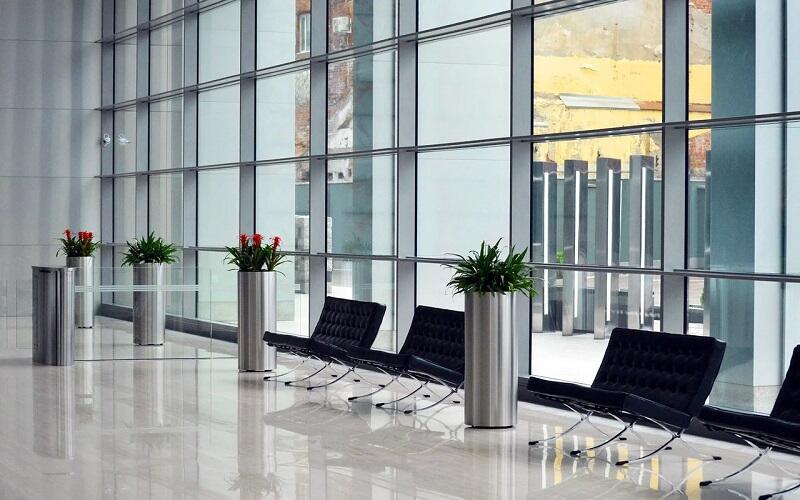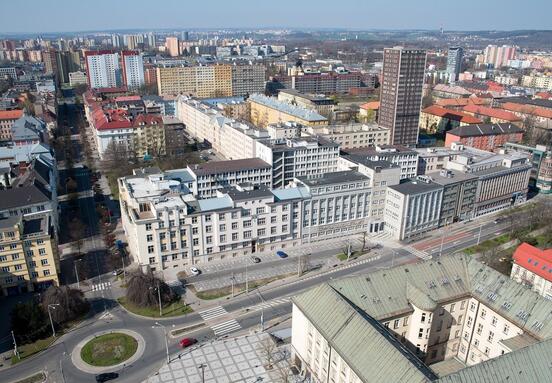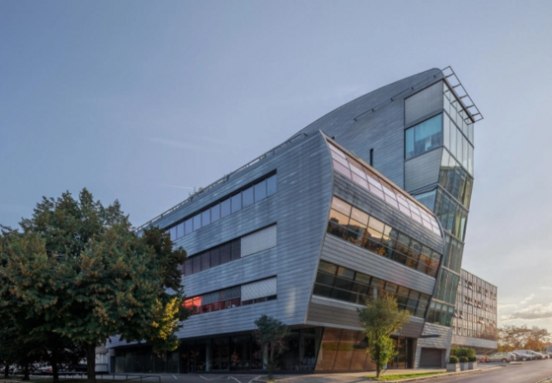"A certain signal for the future of the office market is the answers of our clients - a third of respondents (33.9%) believe that the office as the primary place for work will not be threatened by a pandemic and the remaining two thirds want to reduce leased space by up to 30% (19.6%). %), or combine remote office for most of their people with regular office meetings (44.3%). None of the respondents plans to completely close the offices or move to a purely remotely controlled operation of the company," says Radek Procházka, Managing Partner of Prochazka & Partners.
It is also interesting that the model of two corporate headquarters (whether using coworking or renting a second office) is impassable for most companies due to higher costs. Only 2.2% of respondents would choose it as a way out of the current crisis.
Subleases - a strong phenomenon of covid crisis
There are already more than 100,000 m2 of sublease offices on the market, which are a real competitor to new construction. Our survey further complements the data on subleases. A total of 70.5% of tenants do not want or need to look for a subtenant. The remaining third of respondents are then divided as follows - 11.5% are now actively looking for a subtenant, 8.2% have already found a subtenant and 9.8% are not yet looking for, but are considering this step as a way out of a situation during which the leased area is not sufficiently used. If we average 30% against the market, the real offer of sublease will be significantly higher than is communicated today. Most often (according to our survey) companies want to let an area of 200-400 m2 (60%) and 400-1000 m2 (20%), the rest is both 10% of the opposite pole range (100-200 m2 or, conversely, 1000-2000 m2).
Solution of the coronavirus crisis by tenants
As part of the traditional behavior of tenants and their leased office space - ie. renegotiation, expansion or reduction of the area - we will mention only the most frequent answers. Over 80% of tenants managed to achieve savings during the renegotiation. On the other hand, those who thrive in spite of the crisis (a tenth of respondents) are expanding by half to 10% beyond the area leased today.
Source:// Retrend







